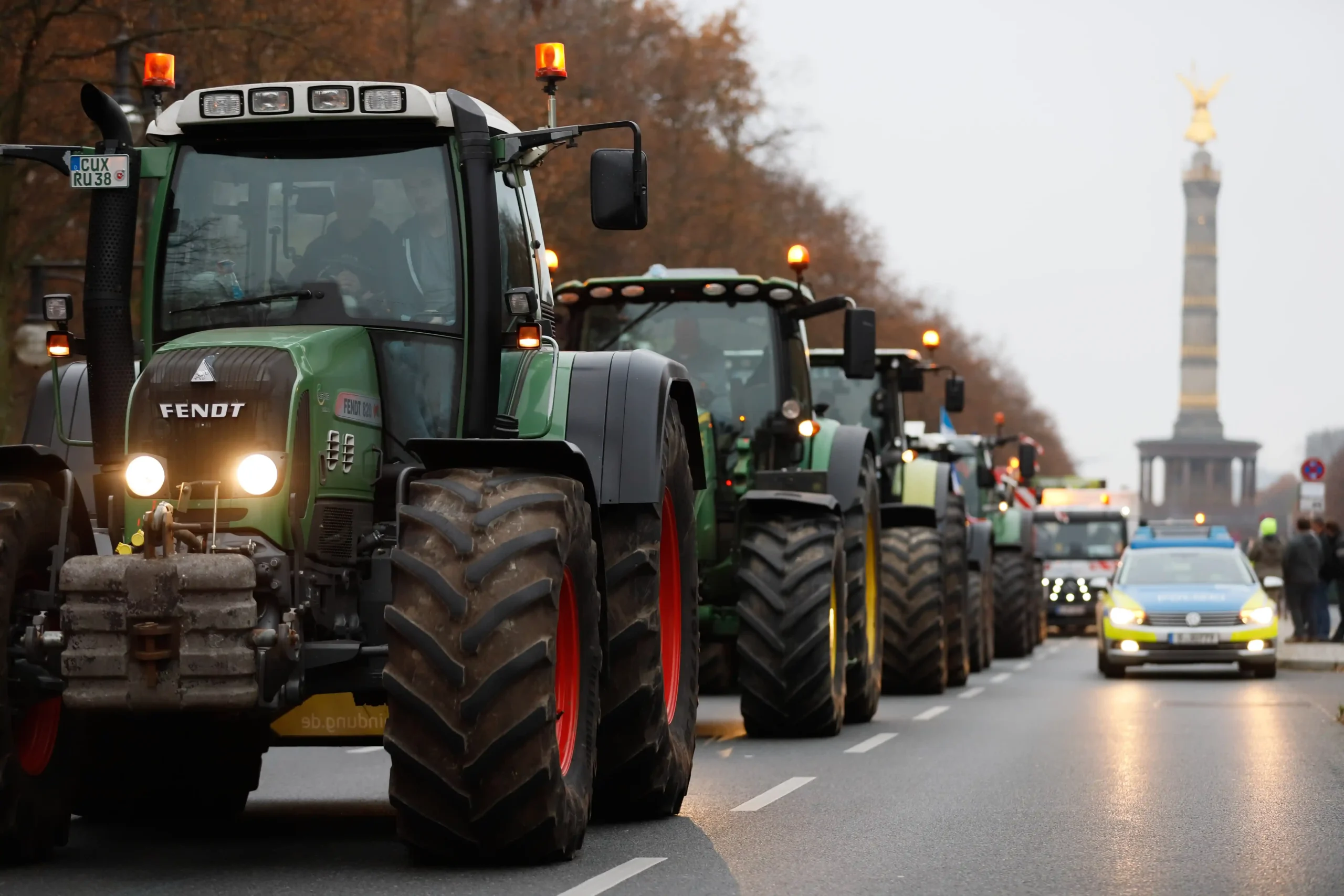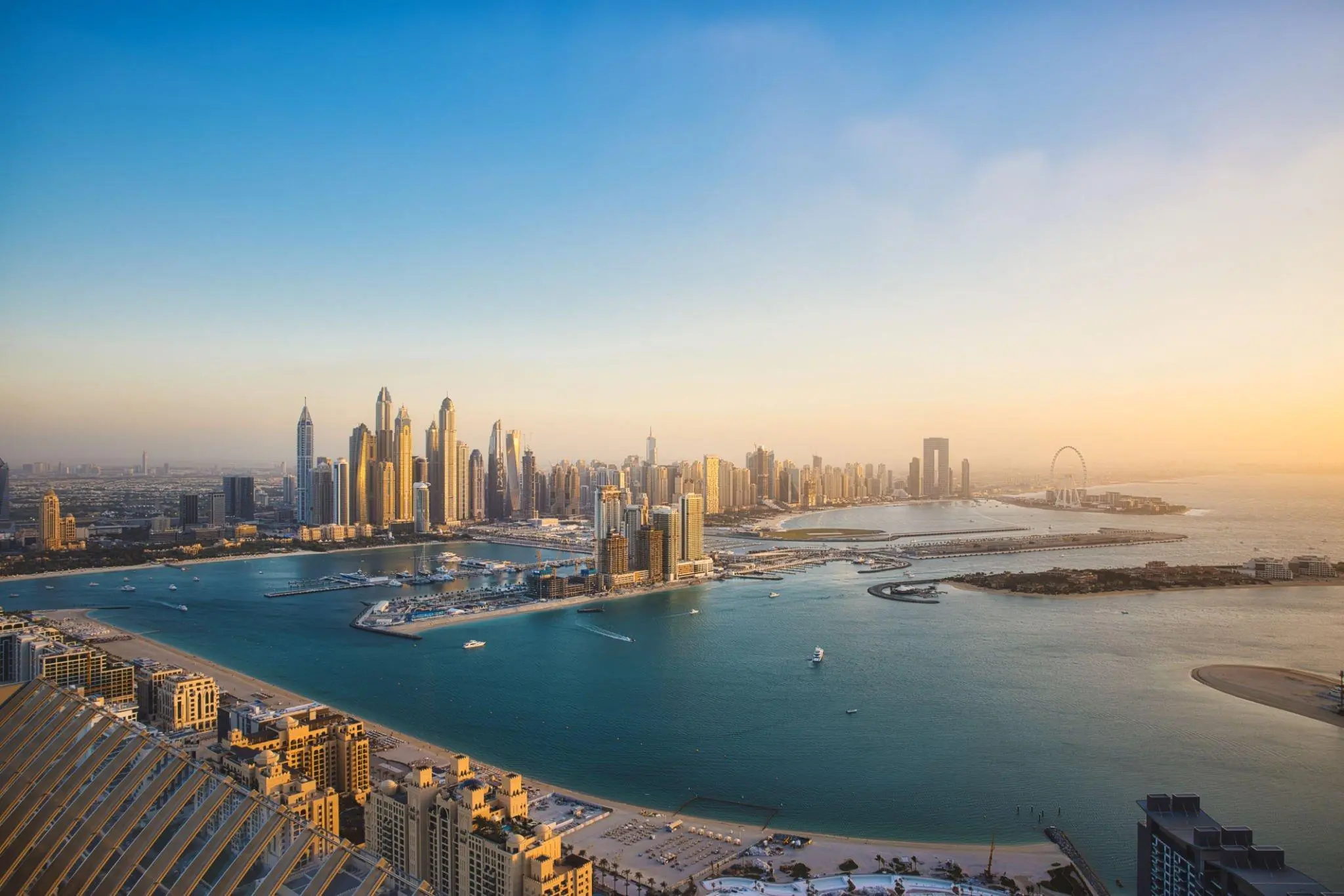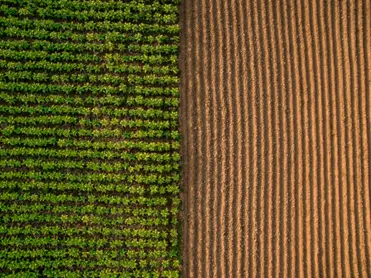30 May 2024
The Modi Effect: Prospects and Challenges of a Third Term
Indian legislative elections were held on April 14, 2024, to choose a new parliament to represent the country for the next five years. These elections are considered the largest and longest in the world, given the vast geographical area of India, as voting will be held in seven phases across different states over a period of approximately six weeks. About 969 million voters will participate in these elections to choose 543 members of the lower house of the Indian Parliament (Lok Sabha). These elections are of great importance and are among the most expensive in the world, with their cost expected to reach be nearly double what was spent in the 2019 elections.
An opinion poll conducted by the Centre for Research and Studies of Developing Countries indicates that the ruling Bharatiya Janata Party (BJP) is likely to win the 2024 Indian parliamentary elections, paving the way for a third term for Prime Minister Narendra Modi. The Lok Sabha elections are being held in a negative atmosphere, with opposition allegations of unequal playing field, as a result of the intervention of federal law enforcement agencies who have attacked several political leaders and froze their bank accounts for six weeks. This means that the elections will have political and economic repercussions if Modi wins a third term, which will in turn impact India’s internal situation.
5 Mar 2024
How Europe Alienated Farmers and Revived Populism
This article was originally published on Ahram Online on Mar. 4, 2024.
Farming and food have become two of Europe’s most emotionally charged issues. The farmers protests that have been erupting across the EU this year are finally getting much sought after attention. But farmers have been expressing their discontent with EU policies for years and now, with a broader cost-of-living crisis, the discontent is spreading as European’s socio-economic anxieties rise. From favouring corporate interests to mishandling crises, European policies have presented populist and far-right forces with a new opportunity to pull in more voters —and it’s proving successful.
17 Apr 2023
What to Expect at COP28
The stakes are high at the upcoming UN Climate Change Conference (COP28), which will be hosted in the United Arab Emirates in November 2023. The United Nations’ Intergovernmental Panel on Climate Change’s (IPCC) latest publication on the state of climate in the world, the Sixth Assessment Report, warns that countries are way off track to limiting warming to 1.5 degrees above pre-industrial levels to avoid the worst impacts of climate change. The science clearly shows it is no longer a question of “if” human activities are the main cause of the disruption to nature - they certainly are - but there is also explicit evidence that we also have affordable and effective solutions that require immediate action and a serious commitment to changing our energy system. While past COP summits have attempted to reach consensus and binding international agreements on emission reduction strategies and goals, previous IPCC reports have repeatedly stated that climate plans need to be more ambitious. Despite this, countries are still lagging behind, even on the goals that are considered insufficient. With this, a number of pressing issues are expected to be at the forefront of the Dubai COP.
10 Feb 2023
Green Protectionism? Looking at Europe’s Agricultural Policy
The European Union’s position as a leader in sustainability and environmental protection is coming into question with the bloc’s recent programs and policies mainly, the new Farm to Fork strategy and the updated Common Agricultural Policy. On the one hand, the EU faces criticism from non-governmental organizations and scientists regarding the extent to which policies are actually “green” and on the other hand they also face pressures from farmers and cooperatives who are concerned about the implications of policies on farmers and production. Additionally, there is cause for concern about the impact on agricultural production and food security in developing countries. Since contemporary agriculture is not a closed autonomous system, rather one where policy changes create shifts in agrarian markets that ripple across all sectors and throughout the global economy, and Europe has one of the world’s largest agriculture industries, it is imperative to evaluate the current trajectory of green agricultural policies in order to identify if, when and how this will cause a shift in agricultural practices and markets globally. The question is, are Europe’s efforts to make agriculture sustainable genuine or is there a glass ceiling on reforms? And what could this mean for developing countries that are just starting on the sustainability path?



